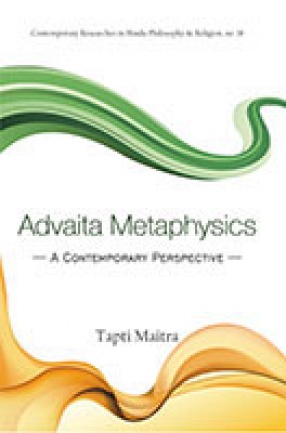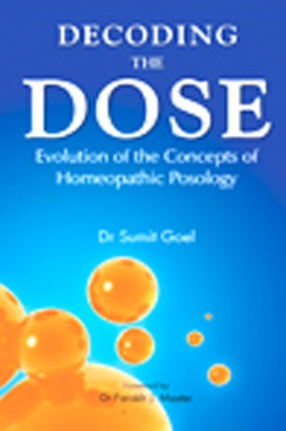Upanishads have been viewed differently by commentators down the centuries. Philosophers have brought in their native presuppositions in interpreting the Upanishadic texts. Advaitavada (monism) of Shankara stands out conspicuous among the varied interpretations of the Upanishads. Ontology, having been basic and fundamental, logic, epistemology and ethics are parasitic on it. Thinkers like G.R. Malkani, K.S. Murty and G. Misra offer alternative perspectives in understanding concepts and doctrines of the Upanishads.
This book undertakes the study of Advaitavada of Shankara in its depth and extension. It spells out the relative cogency of Malkani’s understanding of Advaita Metaphysics and Methodology, Murty’s Critique of Advaita (non-dualism) and Misra’s Philosophical Construction of Advaita from a linguistic perspective. This volume centres around the formulations of the Advaita theory of monism on the basis of epistemological and logical analysis of knowledge in Adhyasa Bhashya.
This title is a significant addition to the existing literature on Advaita philosophy and shall be of profound interest for scholars at large.





There are no reviews yet.